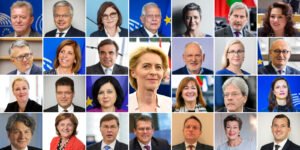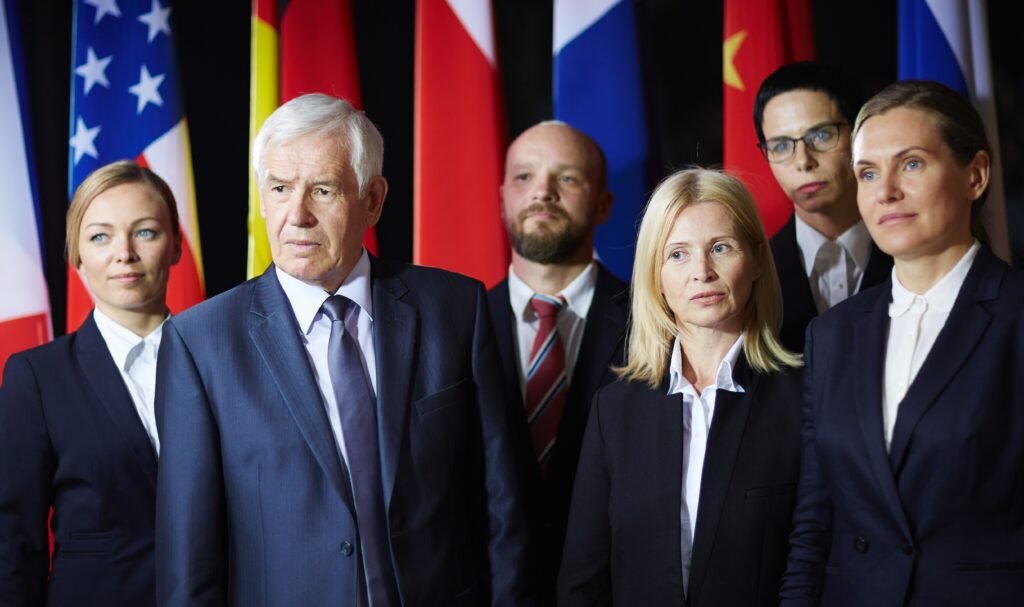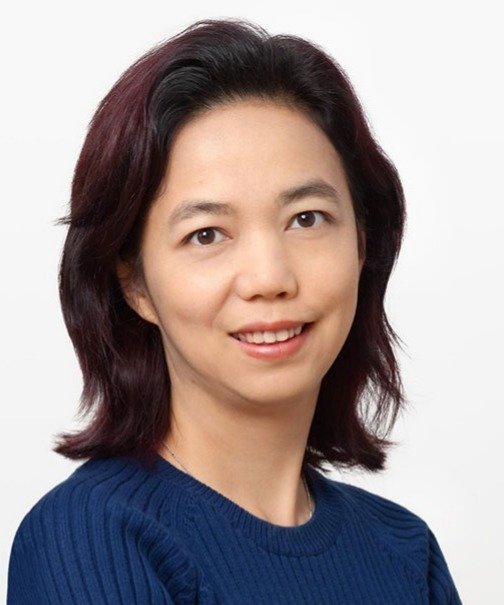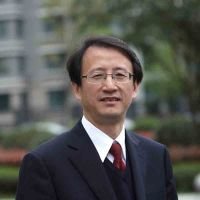Governance Solutions
Realization needs four groups: political leaders, world-renowned technological experts, accomplished diplomats and… you

Political Leaders
Cooperation or Conflict?
In the McCarthy era early 1950s, few foresaw the US and USSR agreeing on the IAEA Statute a few years later.
Today, Trump’s unpredictability and bargaining instincts open the door to a potential AI pact with Xi. Balancing commercial and national security interests with a global AI approach is crucial. As Europe accelerates technological independence post-Trump’s re-election, the EU AI Act may inspire similar regulations globally.
These shifts could drive an unexpected convergence of superpowers—sharing AI leadership and effectively establishing joint oversight within a global agency.
This could reshape global AI governance, temper the trade and tech war and even address disarmament.
technocrats
Big Tech’s Ultimate AI Power Play
US Big Tech knows its dominance is not guaranteed. Its focus is market share, profit, and influence—not altruism—in the race for AI supremacy. Trump’s second presidency may briefly strengthen Silicon Valley’s grip, but external forces will inevitably loosen it. Tech giants maintain power through licensing, IP protection, and aggressive lobbying, shielding themselves with legal teams and former regulators. While member states will not let Big Tech halt AI legislation, their involvement may help temper stronger measures that governments outside the US might later enact..

diplomats
Architects of AI Governance
The founders of the IAEA are remembered for their strategic lobbying and deep-rooted relationships, which were instrumental in its creation. Similarly, those leading the charge in establishing the International AI Agency can shape its future by leveraging competition and constructive rivalry. Their efforts will not only define global AI governance but also secure their legacy as visionaries in a transformative era.
NOMINATIONS welcome
Pioneering Leadership
Just as the IAEA’s first Director General and Board of Governors Chair shaped the trajectory of global nuclear governance, the inaugural leadership of the International AI Agency will be pivotal in setting the foundation for AI oversight. Their expertise, vision, and diplomatic acumen will determine the agency’s credibility, effectiveness, and long-term success.
To ensure the most capable individuals take on these roles, we propose five distinguished candidates for each position—carefully selected based on their experience in technology, policy, and international cooperation.
We invite you to contribute your own nominations by using the button below. The most compelling suggestions will be published on our website’s blog, fostering an open dialogue on leadership for global AI governance
A place in history
Nominations for the Agency’s first
Director General
Attributes:… Strategic Diplomacy; Technical Fluency; Institution-Building Vision; Credibility Across Sectors and Moral Clarity & Public Trust

Demis Hassibas
AI researcher, neuroscientist, and co-founder of DeepMind. Knighted in 2024, he won the Nobel Prize in Chemistry for AI-driven protein prediction and serves as a key advisor on global AI policy

Your Nomination
We’re looking for visionary leadership—if someone comes to mind, drop their name in the ‘Join Us’ section and help shape the future of AI governance.

Fei-Fei Li
globally respected AI researcher and advocate for human-centered AI. As co-director of Stanford’s Institute for Human-Centered AI and former Chief Scientist at Google Cloud, she bridges academia, industry, and ethics with rare fluency..
Nominations for the first
Chair of the Board of Governors

Geoffrey Hinton
Nobel Laureate and acclaimed Godfather of AI. Hinton would bring a rare blend of scientific authority, ethical clarity, and global credibility to the role that could help unify a diverse board.

Your Nomination
We’re looking for a steady guiding hand, a blend of a respected expert, common sense and diplomacy—if someone comes to mind, drop their name in the ‘Join Us’ section and help shape the future of AI governance..

Wu Zhaohui
China’s Vice Minister of Science and Technology has been a key voice in promoting China’s Global AI Governance Initiative. Wu emphasizes international cooperation, equitable governance, and the inclusion of developing countries in global AI frameworks
Get Involved Today
Be Part of the global AI Governance Movement
Join us in shaping the future of artificial intelligence through collaborative and binding global governance.